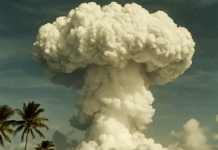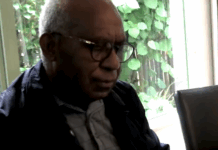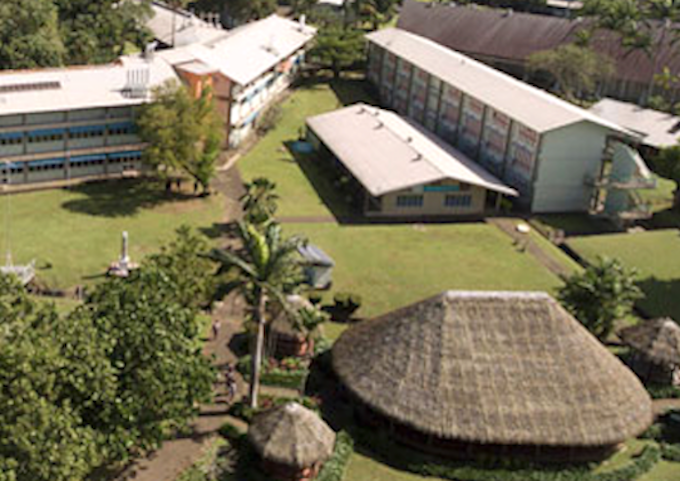
By Monika Singh
The University of the South Pacific will host a major Pacific international media conference in July to address critical issues in the regional news media sector in the aftermath of the covid-19 pandemic and digital disruption.
The conference in Suva, Fiji, on July 4-6 is the first of its kind in the region in two decades.
With the theme “Navigating challenges and shaping futures in Pacific media research and practice”, the event seeks to respond to entrenched challenges in the small and micro news media systems of the Pacific.
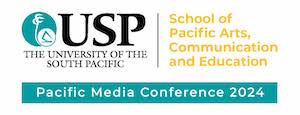
Organised in partnership with the Pacific Islands News Association (PINA) and the Asia-Pacific Media Network (APMN), the conference is a gathering of academics, media professionals, policymakers and civil society organisation representatives to engage in critical discussions on news media topics.
Conference chair Associate Professor Shailendra Singh, head of the USP regional journalism programme, says some of these challenges are due to the small population base in many island countries, limited advertising revenue and marginal profits.
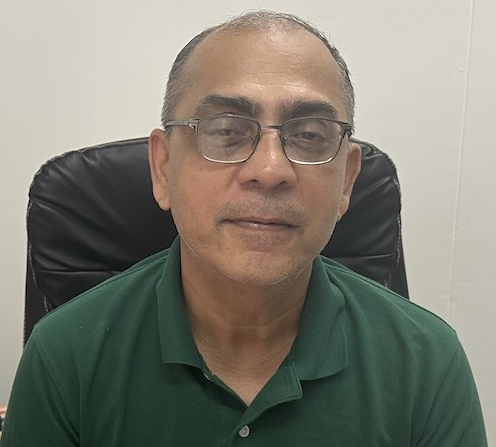
This made it difficult for media organisations to reinvest, or pay competitive salaries to retain good staff, he said.
Dr Singh said their research indicated that the Pacific region had among the highest journalist attrition rates in the world, with mostly a young, inexperienced and under-qualified journalist cohort in the forefront of reporting complex issues.
Media rights, free speech important
He said that issues relating to media rights and freedom of speech were also still important in the region.
Big power competition between China and the United States playing out in the Pacific was another complexity for the Pacific media sector to negotiate, added Dr Singh.
The PINA president and CEO of Papua New Guinea’s national broadcaster NBC, Kora Nou, said the conference was timely as “we consider measures to improve our media landscape post-covid”.
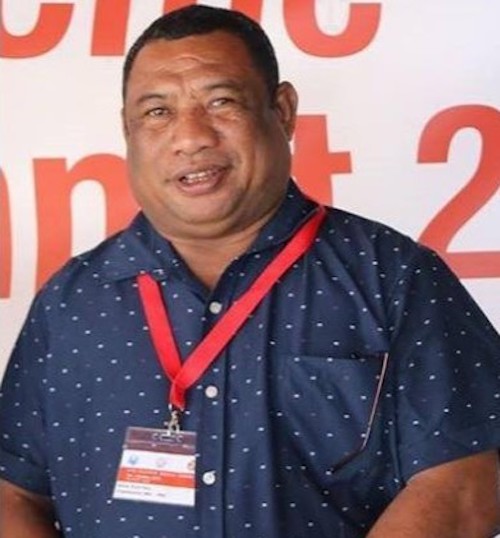
Nou said it was important for journalism practitioners, leaders, academia, and key stakeholders to discuss issues that directly impacted on the media industry in the Pacific.
“Not all Pacific Island countries are the same, nor do we have the same challenges, but by networking and discussing shared challenges in our media industry will help address them meaningfully,” he said.
Nou added that journalism schools in the Pacific needed more attention in terms of public funding, and new and improved curricula that were consistent with technological advances.
He said research collaboration between journalism schools and established newsrooms across the region should be encouraged.
Better learning facilities
According to Nou, funding and technical assistance for journalism schools like USP in Fiji, and Divine Word and UPNG in Papua New Guinea, would translate into better learning facilities and tools to prepare student journalists for newsrooms in the Pacific.
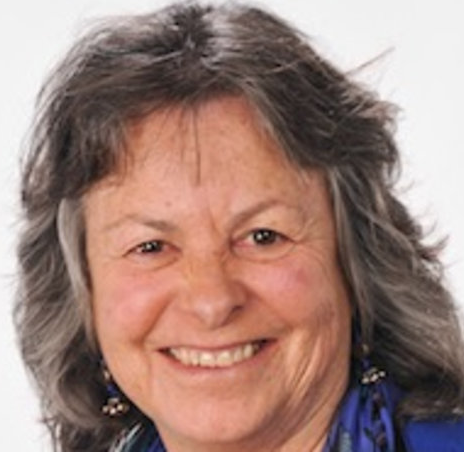
APMN chair Dr Heather Devere believes this is a vital time for journalism, and crucial for academics, media professionals and practitioners to unite to address global and local issues and the specific impacts on the Pacific region.
“Often neglected on the world stage, the Pacific is itself having to deal with numerous conflicts where journalists are not only incidental casualties but are even being deliberately targeted in vicious attacks,” she said.
“Humanity, the environment, our living spaces and other species are in imminent danger.
“APMN supports the initiative presented by the University of the South Pacific for us all to unify, stand firm and uphold the values that characterise the best in our people,” said Dr Devere.
Critical time for global journalism
According to Asia Pacific Report editor and founder of the Pacific Media Centre, Professor David Robie, this conference comes at a critical time for the future and viability of journalism globally.
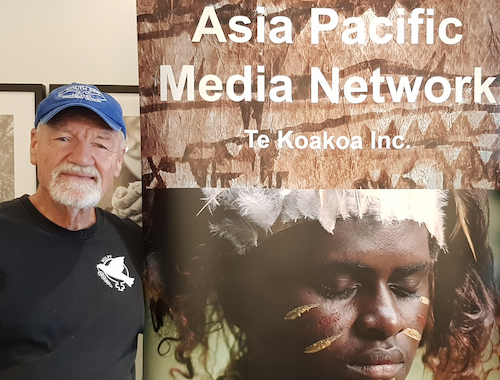
Dr Robie said it was a “tremendous initiative” by USP’s School of Pacific Arts, Communication and Education to partner with the media industry and to help chart new pathways for journalism methodologies and media freedom in the face of growing geopolitical rivalries over Pacific politics and economic resources.
“We need to examine the role of news media in Pacific democracies today, how to report and analyse conflict independently without being sucked in by major power agendas, and how to improve our climate crisis reportage, given this is now an urgent existential challenge for Pacific countries.
“In a sense, the Pacific is a laboratory for the entire world, and journalism and media are at the climate crisis frontline.”
Dr Robie, who was the recipient of the 2015 AMIC Asia Communication Award, highlighted that many human rights issues were at stake, such as the future of West Papua self-determination, that needed media debate and research.
Organisers are calling for abstracts and conference papers, and panel proposals on the following topics and related themes in the Asia-Pacific:
- Media, Democracy, Human Rights and Governance:
- Media and Geopolitics
- Digital Disruption and Artificial Intelligence (AI)
- Media Law and Ethics
- Media, Climate Change and Environmental Journalism
- Indigenous and Vernacular Media
- Social Cohesion, Peacebuilding and Conflict-Prevention
- Covid-19 Pandemic and Health Reporting
- Media Entrepreneurship and Sustainability
Abstracts can be submitted to the conference chair, Dr Singh, by April 5, 2024 and panel and full paper submissions by May 5 and July 4 respectively.
- Further information go to the conference website:
www.usp.ac.fj/2024-pacific-media-conference/
Monika Singh is editor-in-chief of Wansolwara, the online and print publication of the USP Journalism Programme. Published in partnership with Wansolwara.


